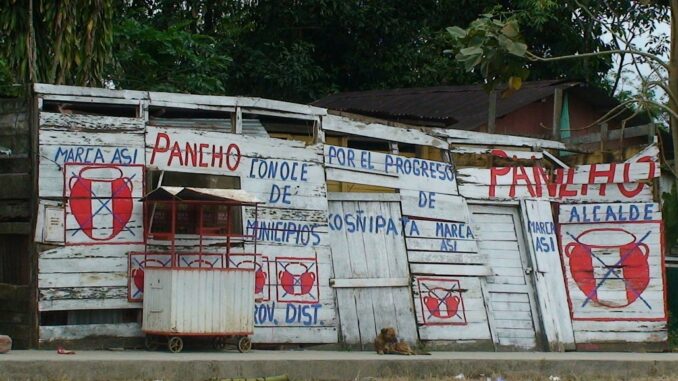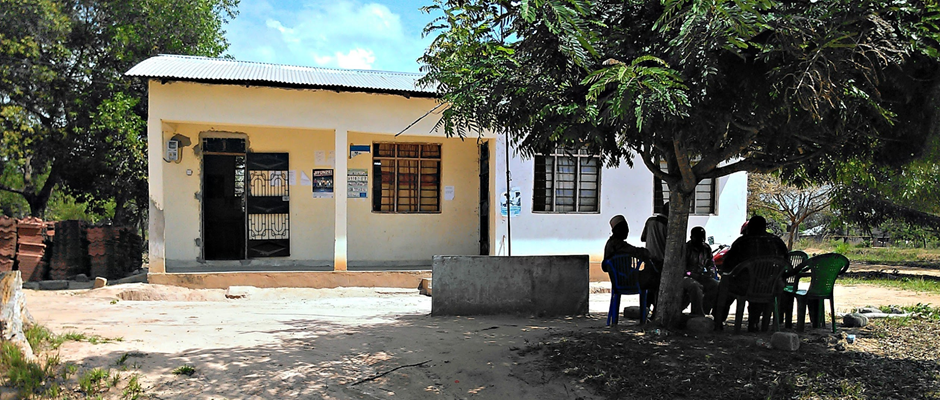
Accountability is at the heart of the democratic enterprise. One commonly touted benefit of decentralization is that it promotes this accountability by allowing sub-national governments to target fiscal policy more precisely to the varying preferences of people in different locales.
But if accountability is really functioning as it should, then citizens should use the ballot box to reward and punish local officials for their concrete policy behavior. In other words, we should not only be able to link the presence of decentralization with improvements in local public goods, but we should also be able to connect voting behavior in specific locales with the competence of local politicians. Because of the empirical challenges, few scholars have attempted test this prediction directly.
A recent study by Janet Porras-Mendoza, Charles Hankla and Jorge Martinez-Vazquez examines the case of Peru, assessing how measures of local government success affect the probability of reelection and recall.
The study finds that, when Mayors manage their waste collection and education portfolios more effectively, they are more likely to win office in subsequent elections. They are also less likely to be removed in recall votes. More than that, when Mayors spend more overall, and especially when they spend more on capital projects, the study finds that their probability of reelection improves, and their risk of recall declines. Overall, our results show clearly that Peru’s citizens use their votes rationally to reward and punish locally elected politicians.
This gives substance and support to the notion that, at least under certain circumstances, accountability can function well under decentralized government.
Read the full study:
Janet Porras-Mendoza, Charles R. Hankla and Jorge Martinez-Vazquez. 2021. Electoral Accountability and Fiscal Federalism: The Case of Peru. International Center for Public Policy, Working Paper 21-06: February 2021.
Photo credit: Photo by Paul Seligman, retrieved from Flicker licensed for Creative Commons usage (CC BY-NC-ND 2.0).



